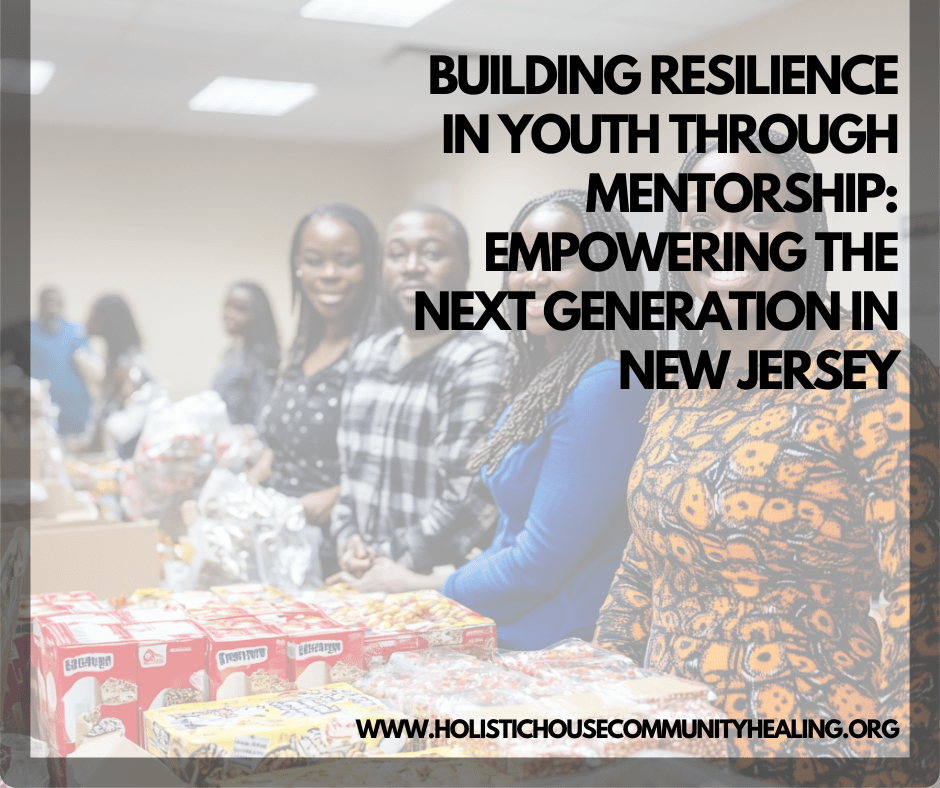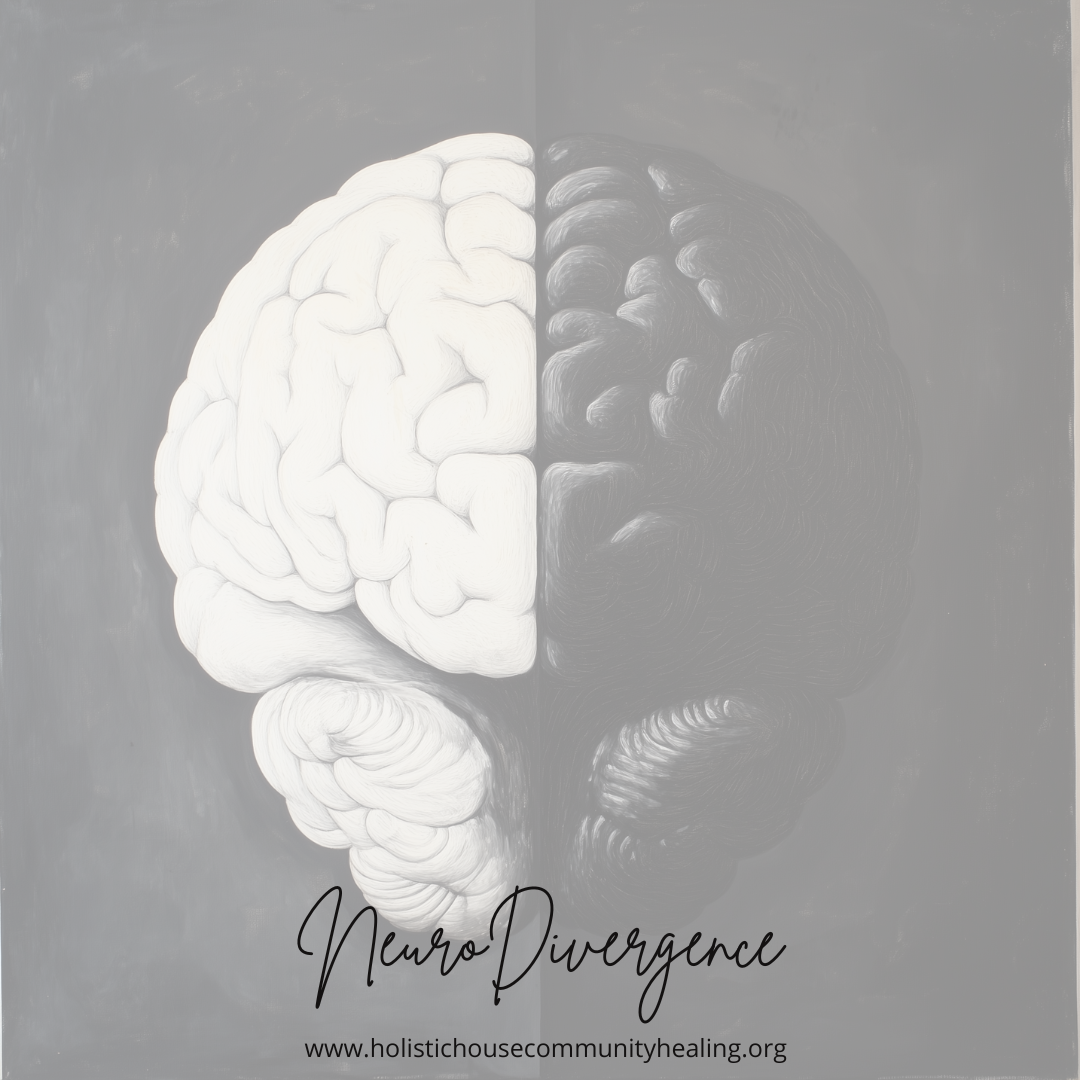
Mentorship can truly be THE game-changer when it comes to guiding children and teenagers toward fulfilling, purposeful lives. Everyone needs someone. At our NJ counseling center, we’ve seen how a supportive mentor-mentee relationship fosters emotional well-being. We can also see how it cultivates self-esteem, and nurtures resilience—especially for those who may be neurodivergent. As a therapist, I’ve witnessed how mentorship, combined with integrated therapeutic approaches, can shape a young person’s future. Mentorship helps them flourish in school, family life, and the community at large.
Today, let’s talk about how mentorship builds resilience and why it’s particularly crucial for neurodivergent youth. Additionally, we can consider how families and communities can band together to strengthen the mentoring framework.
Why Resilience Matters for Youth
Resilience is a term frequently used in mental health to describe the ability to adapt in the face of challenges or adversity. During the formative years, children and adolescents encounter academic pressures, social struggles, and personal or family issues that can heighten stress and, in some cases, lead to anxiety or depression. Youth with neurodivergent conditions (e.g., ADHD, autism spectrum disorder, dyslexia) may face additional hurdles, ranging from bullying to misunderstanding of their cognitive and emotional processes.
- Adaptive Coping Strategies: Building resilience helps youth develop problem-solving skills, emotional regulation, and self-awareness—tools that are vital for navigating life’s ups and downs.
- Confidence and Self-Esteem: Children who learn to persist despite setbacks tend to have higher self-confidence, reducing the likelihood of feeling overwhelmed by challenges.
- Long-Term Mental Health Benefits: A resilient mindset in childhood can lower the risk of mental health issues in adulthood, paving the way for a healthier and more fulfilling life journey.
If you’d like a more in-depth look at the foundations of resilience, check out our Services Page, where we discuss various therapies and programs geared toward bolstering emotional stability and growth.
The Role of Mentorship in Building Resilience
- Supportive Relationships
At the heart of mentorship is a consistent, supportive relationship with a caring adult or older peer. This stable presence gives youth someone to turn to when they feel isolated or uncertain, encouraging open conversations about worries, successes, and personal goals. Such trust and understanding are pivotal for healthy emotional development. - Tailored Guidance for Neurodivergence
Neurodivergent youth often experience school and social environments differently than their neurotypical peers. A mentor who is trained or sensitized to unique learning and communication styles can teach practical coping mechanisms, help set achievable goals, and celebrate small victories that build self-confidence. If you’re curious about how we incorporate neurodiversity into mentoring, visit our Approach to Mentoring page. - Goal-Setting and Skill Building
Mentors work closely with young people to identify strengths, passions, and areas for improvement. From career exploration to social skills enhancement, structured mentorship offers a roadmap for growth, helping youth chart a course that’s aligned with their interests and potential. - Positive Role Modeling
Mentors who display qualities like empathy, resilience, and community involvement naturally encourage youth to emulate these traits. Observing real-life examples of overcoming adversity fosters a “can-do” attitude and instills hope for the future.
To learn more about how mentorship fosters resilience, see our Guide on Building Resilience in Youth for insights and practical strategies.
Integrating Mentorship with Family and Community Support
Youth do not exist in a vacuum; they are part of families, schools, and broader communities. When mentorship is integrated into a supportive network, the positive impact can multiply:
- Family Involvement: Parents and guardians can reinforce the mentor’s work at home, providing consistent routines, emotional support, and encouragement. Check out our Family Support Page to learn how we equip families with tools for better communication and conflict resolution.
- School Partnerships: Collaboration with teachers and counselors ensures that mentors fully understand the academic and social context. Whether a child struggles with math or fitting in with peers, regular check-ins with school staff help align goals and track progress.
- Community Resources: New Jersey has a wealth of mental health services, youth organizations, and volunteer initiatives. At Holistic House Community Healing, we connect mentees to local groups, sports teams, or arts clubs, broadening their social circles and skill sets.
Building a Culture of Resilience in New Jersey
From Jersey City to Newark, our state is known for its diverse communities and unwavering spirit. We champion a culture of resilience by inviting local nonprofits, faith-based groups, and businesses to come together for workshops, resource fairs, and communal events. These collaborative efforts:
- Reduce Stigma: Open conversations about mental health and neurodivergence normalize seeking help and celebrating differences.
- Expand Access: By working with a range of community partners, we provide resources to underserved populations who may have limited access to formal services.
- Enrich Neighborhoods: The spirit of volunteerism and mutual support contributes to safer, more vibrant communities where youth can thrive.
If you’d like to see upcoming events or explore ongoing partnership opportunities, head over to our Community Engagement Initiatives page.
Self-Care: A Vital Component of Mentorship
While mentorship provides external support, it’s self-care that lays the foundation for lifelong well-being. Encouraging youth to develop self-care habits fosters independence and emotional maturity. Here are a few simple tips:
- Mindful Mornings: A few minutes of deep breathing or journaling can help individuals center themselves before starting the day.
- Physical Activity: Walking, dancing, or playing sports not only boosts health but also releases endorphins that enhance mood.
- Digital Boundaries: Encourage “tech-free” zones or time frames to reduce screen-related stress and improve focus.
- Community Connection: Involvement in local clubs or volunteer programs fosters a sense of belonging, a critical aspect of resilience.
For additional ideas and resources, don’t miss our Self-Care Toolkit.
Nurturing resilience in our youth is an investment that pays dividends far into the future. By weaving mentorship into an integrated framework of family support, community engagement, and professional therapy, Holistic House Community Healing strives to uplift the lives of children and teenagers from all backgrounds and abilities. Together, we can cultivate a new generation of confident, compassionate, and resilient individuals.
PS: Are you a culturally competent mental health clinician passionate about empowering youth? Our counseling partner is hiring! Head to the Careers Page to explore opportunities and join us in transforming the mental health landscape for New Jersey’s families.

